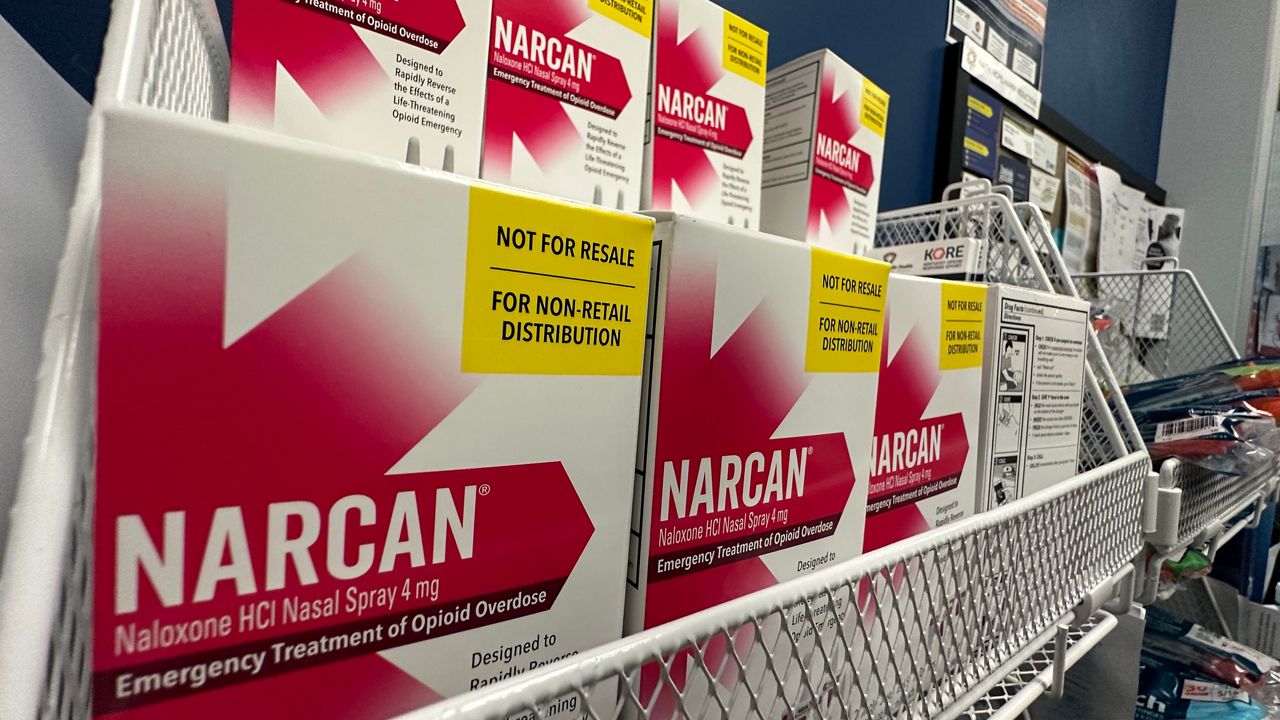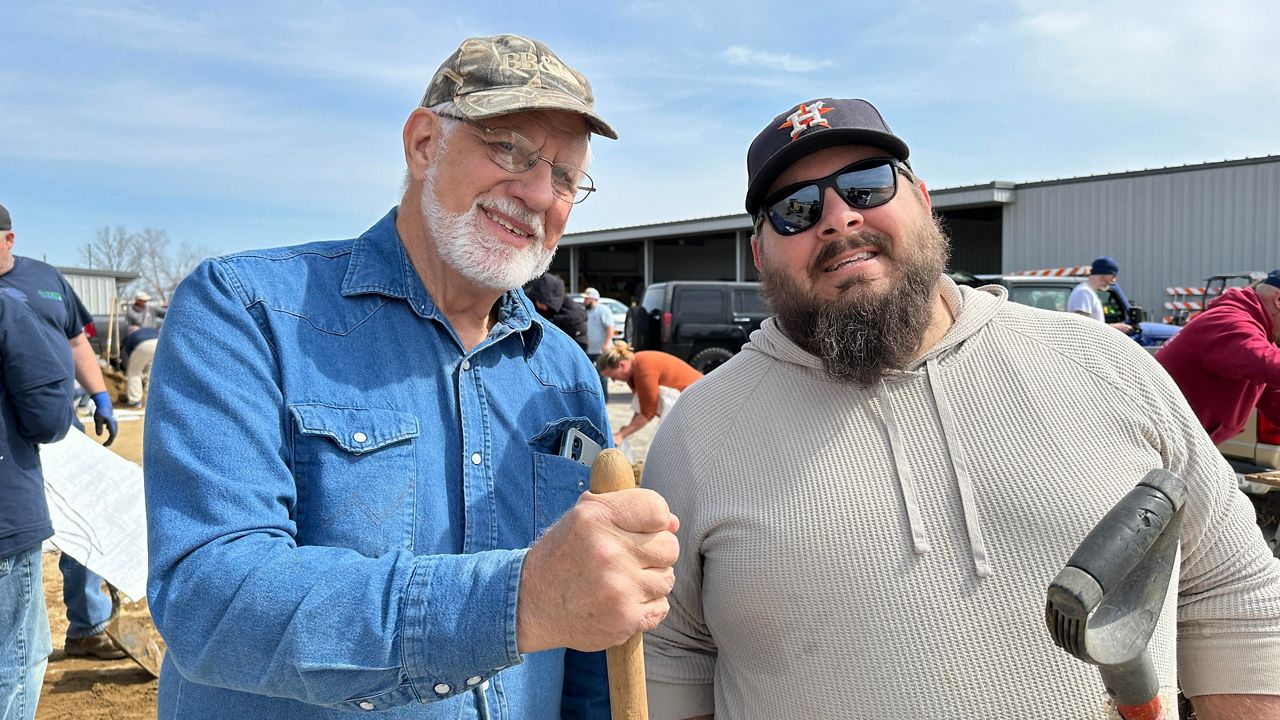ATLANTA, Ga. — Coming up with solutions to tackle the opioid epidemic, which plagues Kentuckians and people around the country, is no easy feat. Some of the brightest minds at the University of Kentucky shared their opioid research at the nation’s largest gathering focused on combating the crisis.
The 2022 RX and Illicit Drug Summit in Atlanta brought together physicians, researchers and policymakers focused on addressing addiction issues. That included several experts from UK who are on the front lines of the opioid and addiction crises. They shared their work in the field of opioid use disorder research, treatment and prevention.
UK faculty sharing their research as part of this year’s summit included:
Chris Delcher, Ph.D., professor in UK’s College of Pharmacy
Amanda Fallin-Bennett, Ph.D., assistant professor in UK’s College of Nursing and program director for Voices of Hope
Katherine Marks, Ph.D., assistant professor in UK’s College of Medicine’s Department of Behavioral Science
Carrie Oser, Ph.D., professor in UK’s College of Arts & Sciences’ Department of Sociology
Dana Quesinberry, J.D., D.P.H., assistant professor in UK’s College of Public Health
Sharon Walsh, Ph.D., director of UK Center on Drug and Alcohol Research
Michelle Lofwall, M.D., professor in UK’s College of Medicine
“I think that we’re making progress. I think it’s not going to be something that’s solved in a short period of time. I think the approach of really going to each community and looking at the unique situation that exists in that community is really something that’s essential,” Lofwall said.
That becomes increasingly more difficult in a world that has an evolving drug supply featuring highly potent synthetics.
“That’s something that’s a little out of our control, and something that we’re concerned about. I think we need to take it seriously as an entire country,” Lofwall said.
Lofwall was among experts presenting “Policy, Prescribing, and Clinical Practice: Lessons From Recent Evaluations in Kentucky,” which highlighted three recent UK-led studies on opioid policy prescribing and clinical practice. Lofwall shared findings from a study focused on the usefulness of criminal drug records for prescribing and dispensing decisions.
She explained the challenges inherent in helping patients deal with pain.
“Pain is not a diagnosis. Pain is a symptom of an underlying disease that we need to get to and treat the underlying problem. Not just mask a symptom,” she said. “No one goes into medicine wanting to do harm. It’s a really long path. It takes time to do a careful evaluation of someone. As patients become more complex and have more chronic diseases, there’s more chronic pain that we need more tools for. We need more help as well, and we need our patients also to advocate for themselves.”
Walsh, Oser and Fallin-Bennett presented: “HEALing Communities Study: Deploying Evidence-Based Practices to Reduce Opioid Overdose Deaths Through Community Engagement and Partnerships,” which highlighted the community engagement, criminal justice and peer support roles of UK’s $87 million HEALing Communities Study.
The study aims to decrease opioid overdose deaths by 48 percent across four states, employing community engaged intervention. Lofwall said there needs to be more of a focus on the whole continuum of care.
“We don’t want to just focus on helping people who already have the disease. That is definitely a focus. We want to prevent more people from getting to that point,” she said.
Delcher and Quesinberry presented “Insights From State Data Into Deaths Related to Fentanyl, Fentanyl Analogs, Psychostimulants, and Novel Psychoactive Substances.” They shared findings from Kentucky state data on overdose deaths related to fentanyl and other psychoactive substances and presented data showing shifts in the proportional impacts of these substances.
Marks presented “State Efforts to Improve the Continuum of Care for Substance and Opioid Use Disorders,” which highlighted successes and lessons learned from Kentucky’s efforts to improve substance use disorder treatment.
Another step Lofwall said communities need to take, though it may be difficult for some to accept, is to move away from promoting what can be unhealthy behaviors, given many people are genetically inclined toward addiction.
“We don’t want to promote and send messages that the way to have fun is with alcohol, nicotine, marijuana and other illicit drugs,” she said. “We need to have communities where you can have fun without that substance, and that we have cultures that promote that.”










